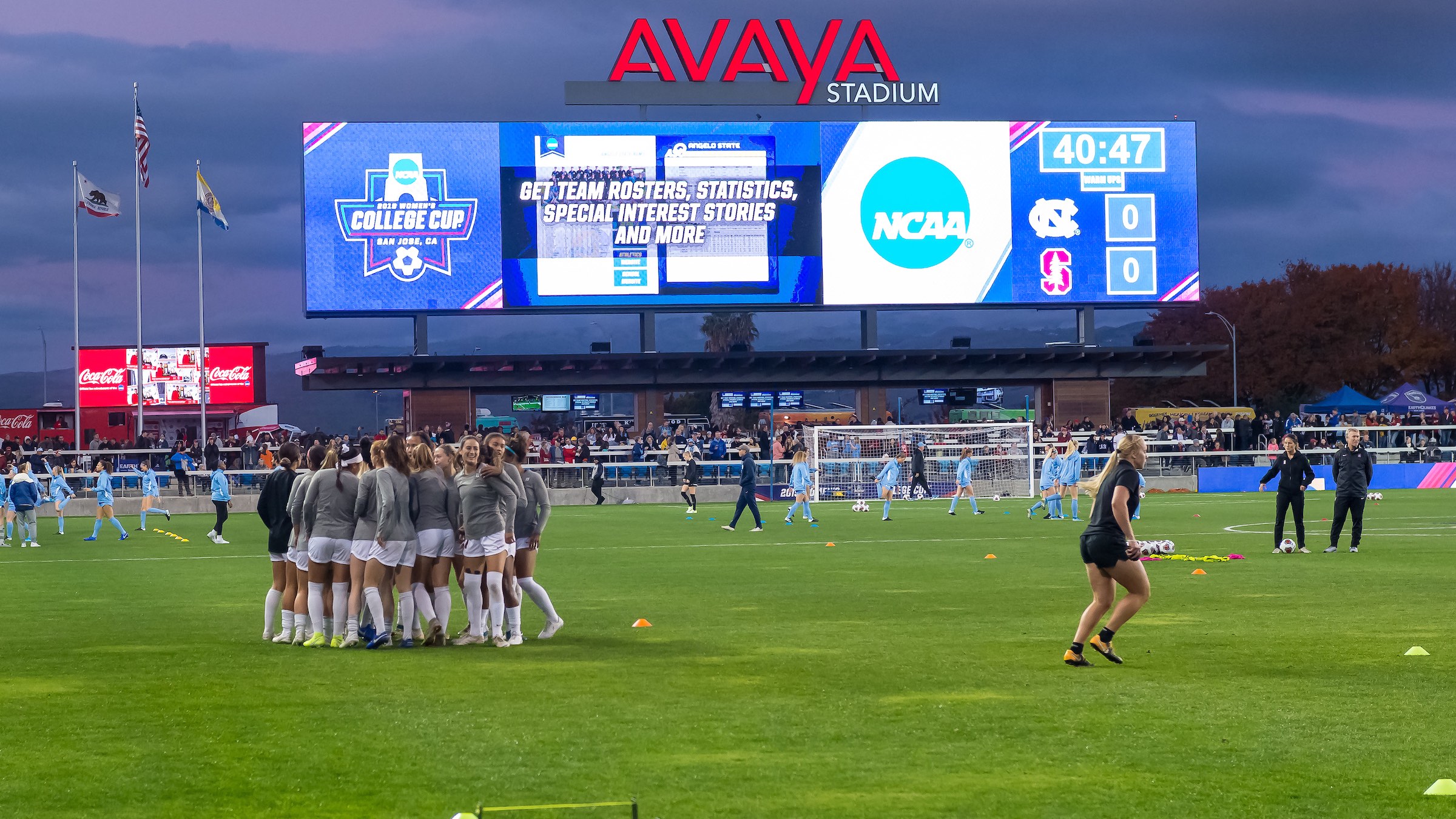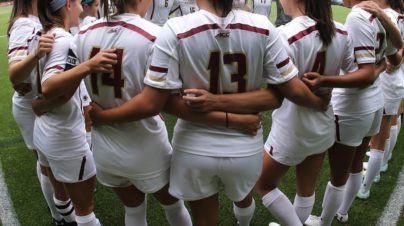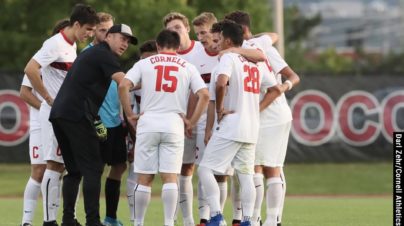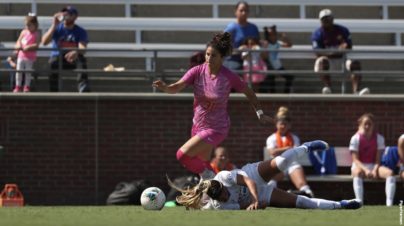NCAA soccer panel approves rules changes to align with international competition

The NCAA Playing Rules Oversight Panel has announced several rule changes that will help align collegiate soccer more closely with international rules.
See below for a look at the various changes, which were unveiled on Tuesday via a press release on NCAA.com.
Penalty Kicks and Free Kicks
Changes include new protocols for goalkeepers during penalty kicks and where attacking players can stand when the defending team has a wall of three or more players during free kicks.
On penalty kicks, goalkeepers are required to have at least part of one foot on or in line with the goal line when the kick is taken. Also, goalkeepers cannot touch the goal posts, crossbar or the net before the kick is taken.
On free kicks, attacking players are required to be at least a yard from a defending team’s wall of three or more players. Attacking players standing very close to, or in, the defensive wall on free kicks often cause management problems and hurt the pace of play.
If the attacking player is less than a yard from the wall when the kick is taken, the offending team will be penalized, and the opposing team will receive an indirect free kick.
Additionally, when a defending team takes a free kick in its own penalty area, the ball will not have to leave the penalty area before it is played.
Violent Behavior
The panel approved changes to the fighting rule, recategorizing many of the acts covered under the current rule into a violent behavior II red card violation.
Violent behavior II violations will include unwarranted excessive force that is so severe that it places an opponent in danger of physical injury. These acts include head butting, elbows to the face or head, stomping or kicking a defenseless person and hair pulling. Players deemed to have committed a violent behavior II offense would serve a two-game suspension, which is also the current penalty.
Violent behavior I violations will include unwarranted excessive force when not challenging for the ball, which is the current definition for violent behavior. Players removed from the field for violent behavior I offenses would receive a one-game suspension.
Since many acts currently covered under fighting are being recategorized as violent behavior II, fighting will be more traditionally defined. A fight is defined as a deliberate strike or punch or an attempt to strike or punch a player, official, coach or bench personnel in a malicious manner. Players ejected for fighting would serve a two-game suspension.
Coaching Staff Communication
All members of the official coaching staff who are eligible to participate can communicate with one another via electronic devices regardless of if they are on-site.
Video Review
Video review can be used to correct timing issues. Timing issues must be corrected at the next stoppage of play and before the next restart.
Protests
Protests can be filed only in situations involving player identification and illegal participation of players, coaches and team personnel.

















